Circumcision, that's all I've ever talked about

Circumcision, that's all I've ever talked about
Jacques Derrida, the renowned French philosopher, is often associated with deconstruction, a method of analyzing texts and ideas to reveal the underlying assumptions and contradictions within them. However, one lesser-known aspect of Derrida's work is his exploration of the concept of circumcision. In his essay "Circumcision, that's all I've ever talked about," Derrida delves into the symbolic significance of this ancient ritual and its implications for identity, language, and power.Derrida begins by acknowledging the controversial nature of circumcision, a practice that has been performed for thousands of years in various cultures for religious, cultural, and medical reasons. He notes that circumcision is often seen as a mark of belonging to a particular community or tradition, a physical sign of one's identity and allegiance. However, Derrida argues that circumcision is not just a physical act, but a symbolic one as well, carrying with it a complex web of meanings and associations.
For Derrida, circumcision is a powerful metaphor for the ways in which language and culture shape our understanding of ourselves and others. Just as circumcision marks the body with a permanent sign of belonging, language marks our minds with a set of symbols and meanings that shape our thoughts and perceptions. Derrida suggests that just as circumcision can be seen as a form of violence or control over the body, language can also be a form of violence or control over the mind, shaping our thoughts and perceptions in ways that we may not always be aware of.
Derrida's exploration of circumcision also raises questions about power and authority. He suggests that the act of circumcision is not just a physical act, but a symbolic one that reflects the power dynamics within a society. Those who perform circumcision, whether they be religious leaders, parents, or doctors, hold a certain power over the individual being circumcised, shaping their identity and sense of self in ways that may not always be fully understood or appreciated.
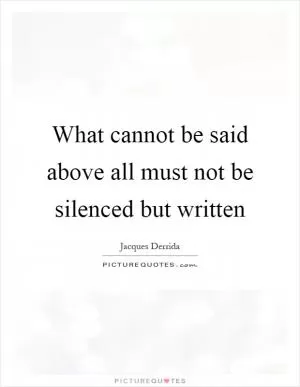
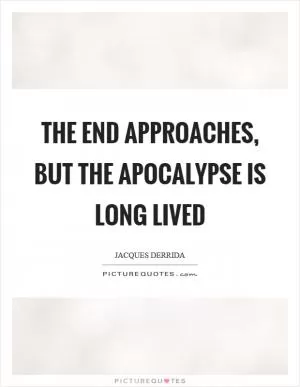

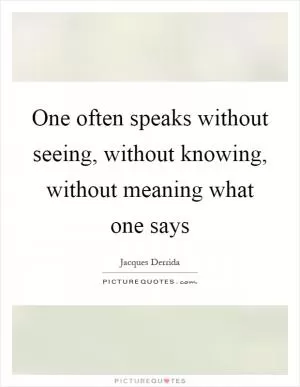

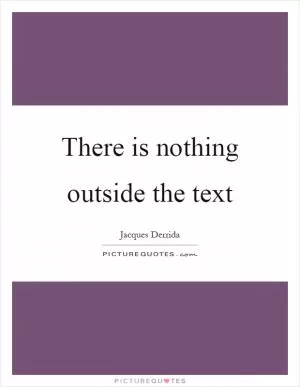
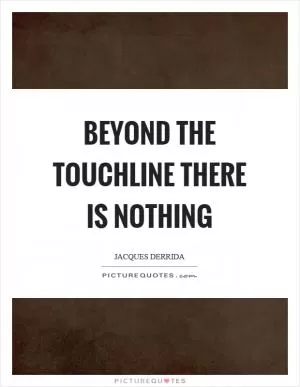
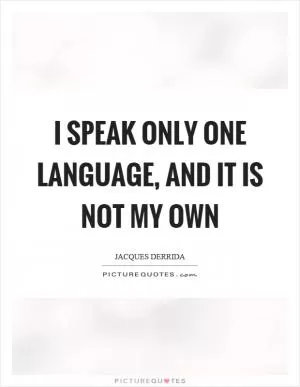


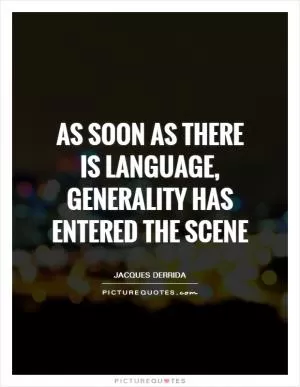
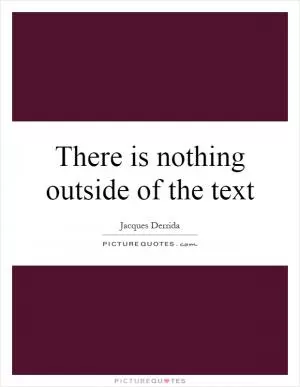
 Friendship Quotes
Friendship Quotes Love Quotes
Love Quotes Life Quotes
Life Quotes Funny Quotes
Funny Quotes Motivational Quotes
Motivational Quotes Inspirational Quotes
Inspirational Quotes